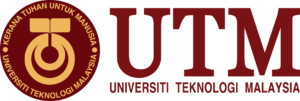Dr. Lau teaches a number of courses relevant to electrical engineering. They are:
MEEP 1583: High Voltage and Electrical Insulation
The course provides an understanding of high voltage phenomena and presents the concepts of high voltage insulation in power systems networks. The first part of the course describes the concept of electric stress and the phenomena of conduction and breakdown in insulation materials in order to provide the students with a firm knowledge on high voltage phenomena and insulation technology. The second part of the course covers an introduction to the dielectric properties of materials, diagnostic testing of insulation, overvoltages and insulation coordination. By adapting the knowledge, the students will be able to develop essential technical skills in solving real-world problems involving insulation characteristics. The students will conduct simulation work to solve engineering problems related to high voltage engineering applications.
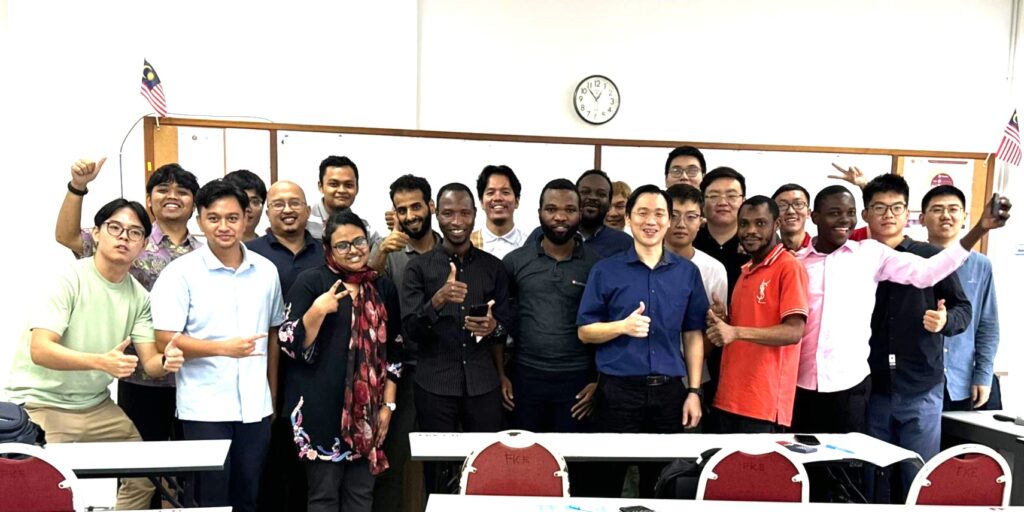
Dr. Lau and students of “High Voltage and Electrical Insulation”
SKEE 1012: Introduction to Electrical Engineering
The course serves as a general introduction to electrical engineering programmes offered by the Faculty of Electrical Engineering (FKE), Universiti Teknologi Malaysia (UTM). Students undertaking the course will be exposed to attributes of electrical engineers from both academic and practical points of view. Soft skills and knowledge that are necessary in the engineering world will be introduced to the students. The students will have a clearer understanding on the responsibilities of electrical engineers to the society. By exploring contemporary issues, the students would be able to suggest sustainable solutions to the mankind and its environment.
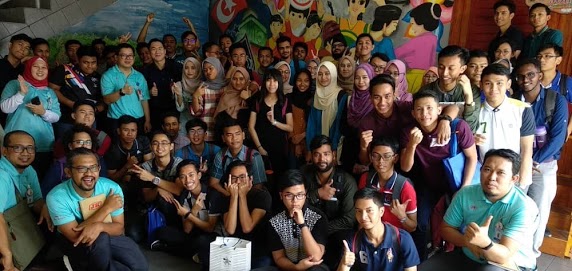
Dr. Lau and students of “Introduction to Electrical Engineering” during industrial visit
SKEE 1023: Circuit Theory
Students undertaking the course will be introduced the basic laws, methods of analysis and theorems for direct current, DC and alternating current, AC circuit, such as, Ohms Law, Kirchhoff’s Current and Voltage Laws, Mesh and Nodal Analysis and Thevenin’s and Norton’s Theorems. Based on these, the students are expected to be able to solve for variables in any given DC and AC electric circuits. The course also provides the student with the basic understanding of operational amplifiers (op-amp) and how nodal analysis can be applied to various types of ideal op-amp circuits. With the knowledge learned, the student would be able to apply the basic laws, theorem and methods of analysis for solving completely with confidence various problems in circuit analysis.
SKEE 1043: Circuits and Systems
Students undertaking the course will be introduced the relevant concepts in DC and AC circuits. Firstly, the students are exposed to the steady-state electrical circuit. Afterwards, the relevant concepts in transient circuit analysis for first and second order circuit are taught to the students. The course also equips the students with necessary knowledge related to the AC power calculations and three phase circuits. At the end of the course, the students should be able to apply the theorems and concepts in order to solve and analyse engineering related problems in any given linear electric circuits.
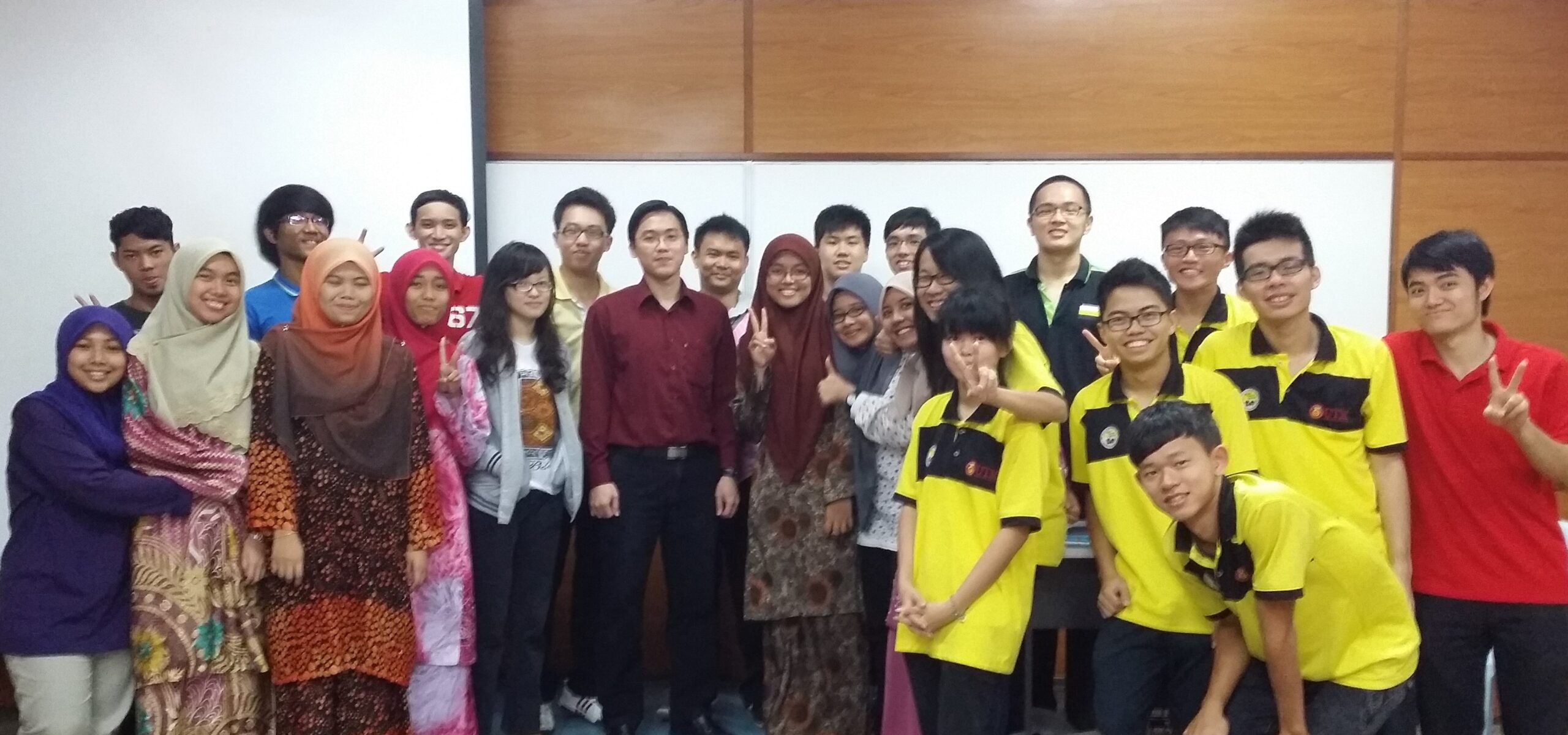
Dr. Lau and students of “Circuits and Systems” after lecture
SKEE 2413: Basic Power and Electrical Machines
The course introduces fundamental concepts of electric machines and power system. Students undertaking the course should be able to identify components of the system from the course and describe their basic operations from the course having electromagnetic and circuit concepts learned in previous fundamental courses. These fundamental concepts are further elaborated in applications of electric machines – transformers, direct current machines, synchronous machines and induction machines, and power system component modeling and analysis. At the end of the course, the students are expected to critically analyse the power system comprises generation, transmission, and distribution components.
SKEU 2003: Electrical Technology for Nonelectrical Disciplines
Students undertaking the course will be introduced the concept and theory of basic electrical engineering. The subject highlights the fundamental of electrical engineering to enable the students to understand and apply simple electrical circuits and network in their working environment. It covers DC and AC systems (single and three phases) and analyze simple network using basic laws; Ohm’s Law, Kirchhoff’s Law, current and voltage divider, nodal and loop analysis. The students will also be exposed to simple Magnetic Circuits, Transformers and introduction to Electrical Machines
SKEE 4463: High Voltage Technology
High voltage engineering is an important area in power system. Students undertaking the course will be exposed to the concept and theory of insulation breakdown. Key principles of high voltage technology and insulation coordination as well as insulation testing (including high voltage generators) are also covered. Lightning overvoltages due to the naturally occurring atmospheric phenomenon are a nuisance to the network and will be discussed along with switching surges. Various types of electrical discharges, some of which are used for condition monitoring applications, are also discussed. The students are expected to be able to communicate effectively as well as to design selected high voltage components and subsystems.
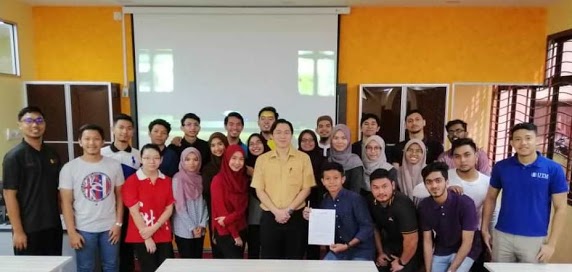
Dr. Lau and students of “High Voltage Technology” at Institute of High Voltage and High Current

